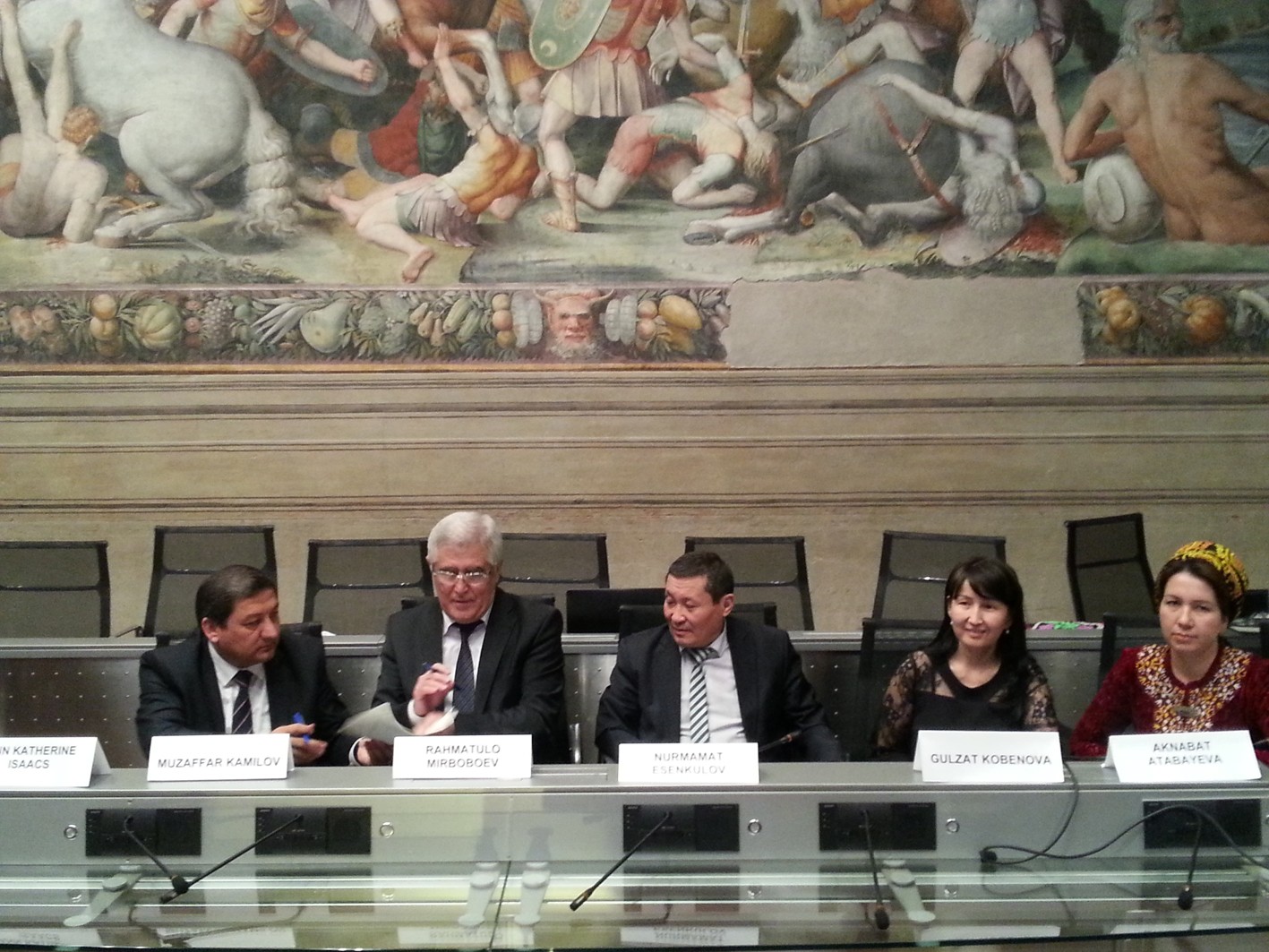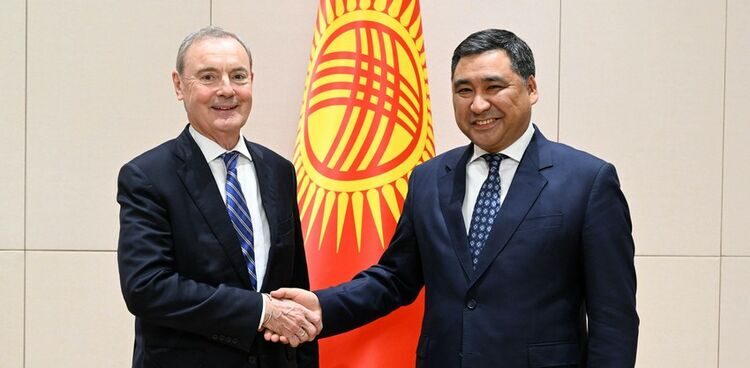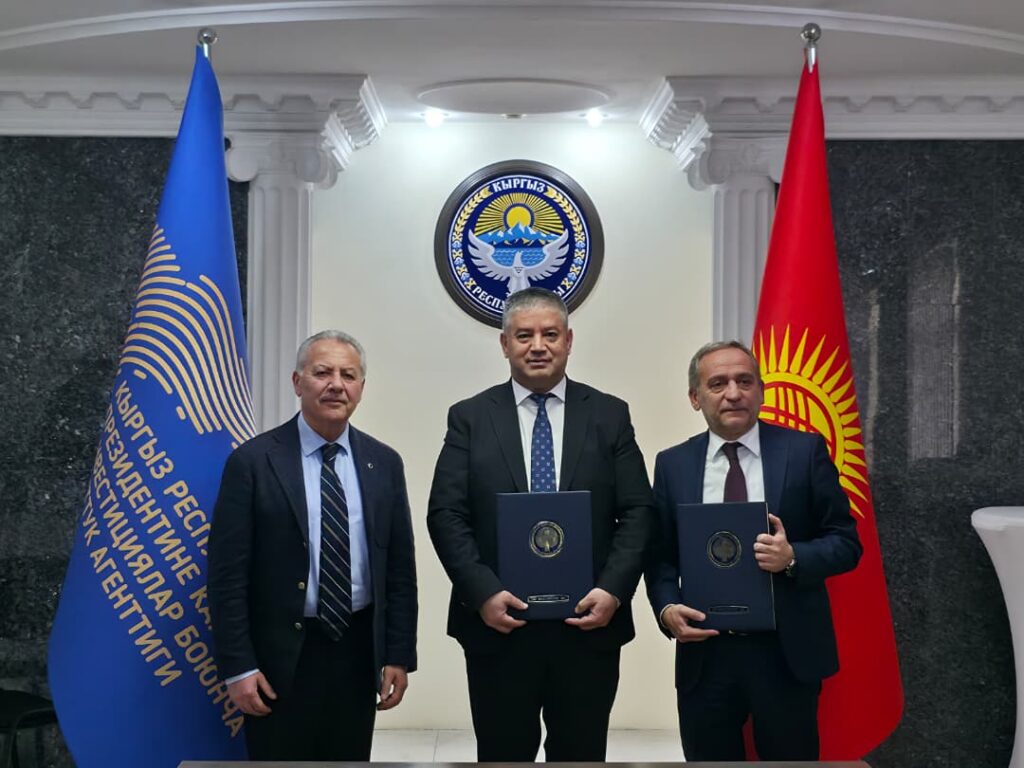PISA, Italy (TCA) — After three and a half years of activity TuCAHEA, a large-scale Tempus project financed by the European Commission and coordinated academically and scientifically by the University of Pisa (Italy), is coming to completion. Its ambitious aim was to create the bases and define the parameters for reforming the normative and organizational frameworks of Central Asia’s university systems, making them compatible with each other, and aligning them with the European system, the University of Pisa said on its website on February 11.
The final meeting was held in Rome, in the hall of the CRUI (Italian Conference of Rectors), where high ranking representatives of the Ministries responsible for Higher Education of Kazakhstan, Kyrgyzstan, Tajikistan, Turkmenistan, and Uzbekistan perfected a communiqué endorsing the results of the project and promising future collaboration.
This creates the bases, using Tuning methodology, for a CAHEA (Central Asian Higher Education Area) compatible with the 48 country EHEA (European Higher Education Area). “An area compatible with the EHEA, but not identical to it,” Professor Katherine Isaacs specifies, “because it is built taking into account the specific social, cultural and economic requirements of the region.” The Consortium includes eight subject area groups (Business, Economics, Education, Engineering, Environmental Protection, History, Language, and Law), which have created guidelines to be used in the 5 countries. Among the activities, the TuCAHEA Pilot Student Mobility, a pioneering mobility scheme, involved students of the five countries, allowing them to participate in and test a Central Asian “Erasmus”.
The TuCAHEA Consortium comprises 47 partners, including the ministries of Education and research of the five countries, 8 experienced EU universities, and 34 Central Asian universities (www.tucahea.org).









